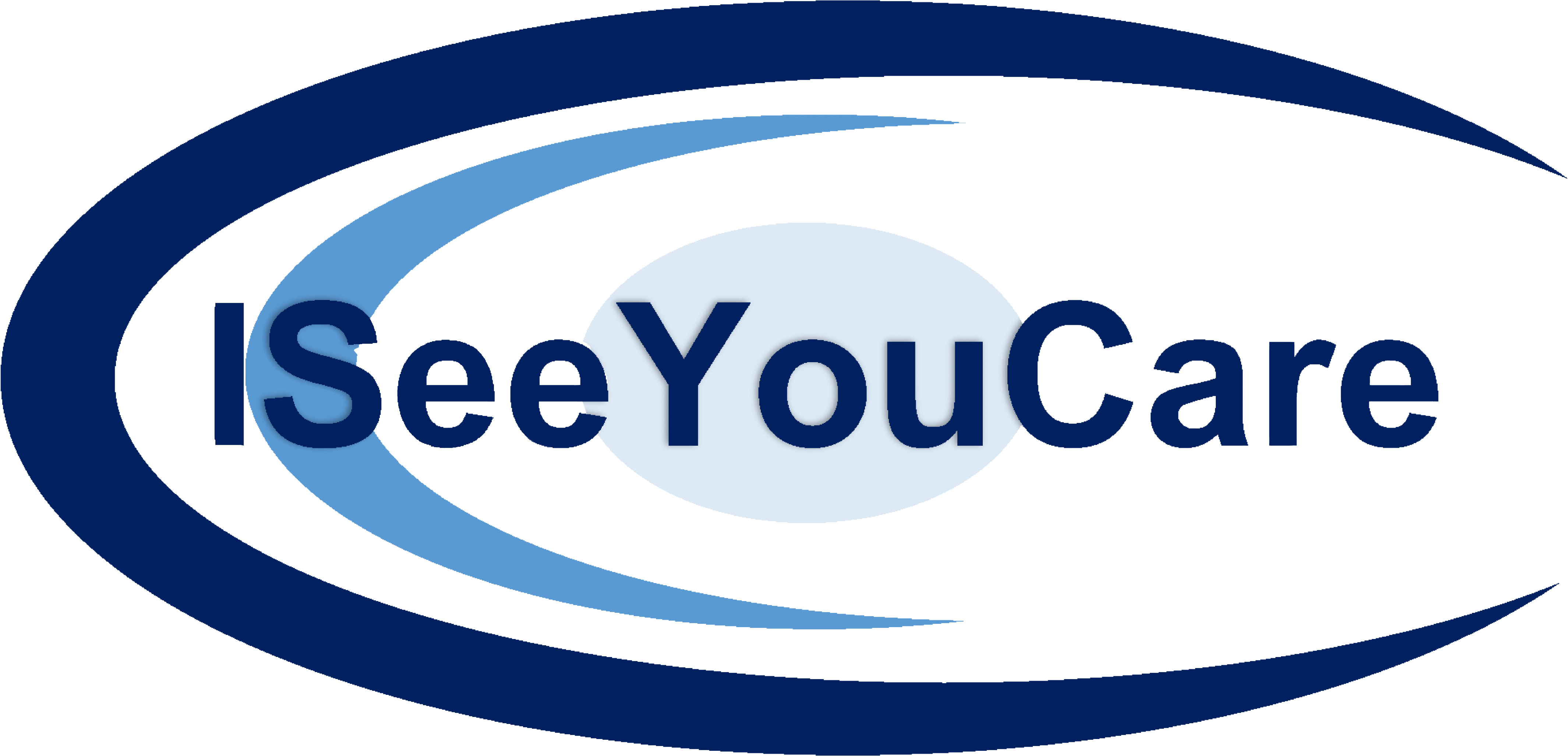There is a significant need for better tools for medication adherence. Patients, for a variety of reasons, do not take their prescription medications according to the doctor’s direction. Furthermore, Chronic Care patients are most likely to not take their medications according to orders.
In her article, 5 Ways to Improve Medication Adherence in Chronic Care Patients, Sara Heath reports that “up to 80 percent of patients drop out of their chronic care management plans, including medication regimens”. The reasons vary, but the most common ones are:
- the patient forgets about the medication,
- she can’t afford the medications,
- she has a mental barrier or stigma associated with the med,
- or she is fearful of an adverse side effect.
ISeeYouCare agrees with her assessment. One additional reason could be that the patient does not believe that the medication is working. Often patients do not understand that the effectiveness of a medication occurs over time, and not as an immediate cure for what ails them.
ISeeYouCare’s Tools for Medication Adherence
We believe medication adherence is so important that we have weaved it into our platform in various ways. First, our My Home eHealth Monitoring platform includes the ability to set up alerts and reminders. The system sends alerts for tests (BP, weight, etc) and reminders. Reminders can be set up for each individual medication, or at times of the day when medications are taken. Alerts are sent to caregivers (family, medication team or other proxies) if the patient does not acknowledge the reminder.
Another method for improving adherence is by tying together data from the patient’s EHR and the pharmacy systems. Our platform links these two together. We examine it and determine if the patient is filling their prescriptions. We can also assess whether the patient is taking as prescribed, by whether or not they are refilling them on time. Consequently, alerts sent to the care team if the patient is not refilling prescriptions.
These are just two of the ways that ISeeYouCare is striving to solve real medical problems. Furthermore, we offer disruptive solutions to a healthcare system in crisis.
Contact us for more information about this strategy.

